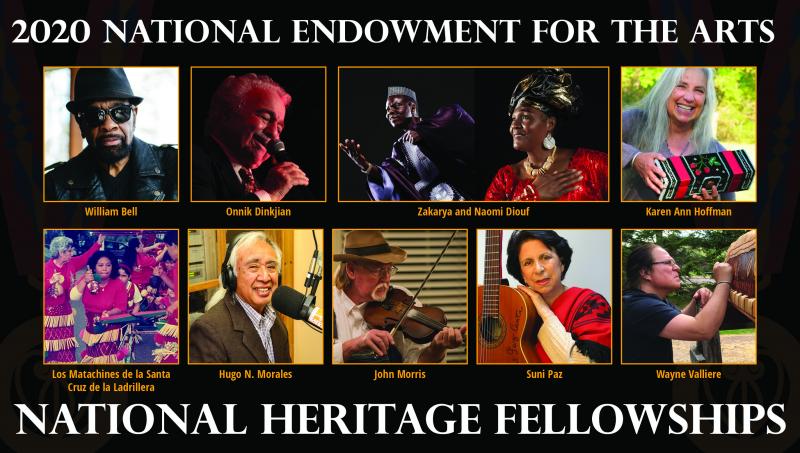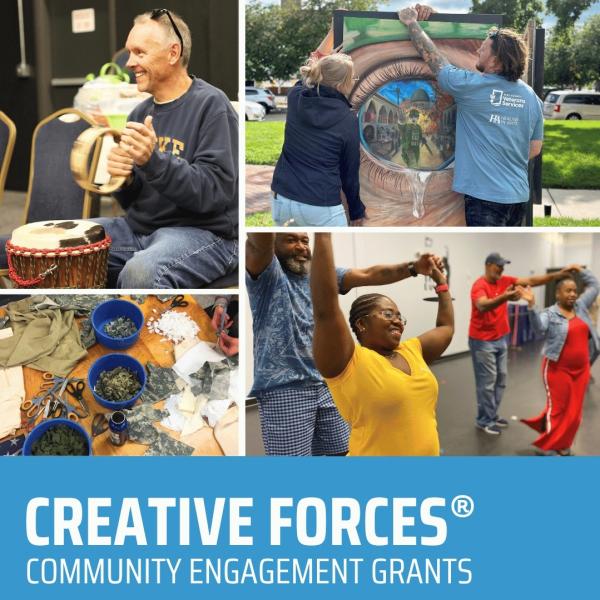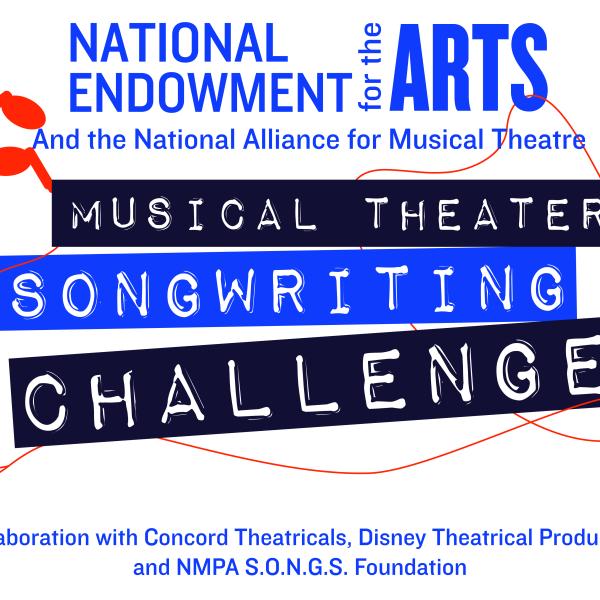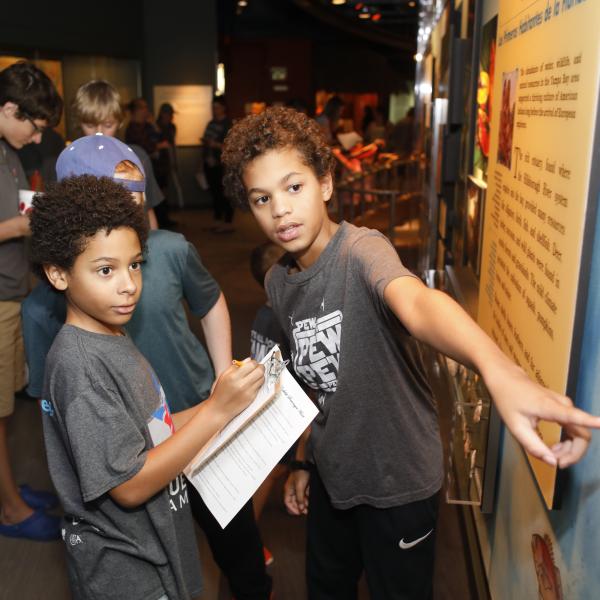National Endowment for the Arts Announces 2020 Recipients of Nation’s Highest Honor in the Folk and Traditional Arts

Washington, DC—As part of the National Endowment for the Arts’ work to support and celebrate our nation’s rich traditional arts heritage, the agency is announcing the 2020 recipients of its National Heritage Fellowships. These lifetime honor awards of $25,000 are given in recognition of both artistic excellence and efforts to sustain cultural traditions for future generations.
“Each year the Heritage Fellowships highlight the distinct living traditions of communities around our nation, as well as how our fellows instill a sense of pride, beauty, and cultural continuity through their art,” said Mary Anne Carter, chairman of the National Endowment for the Arts. “The National Endowment for the Arts is pleased to recognize these outstanding artists with a National Heritage Fellowship.”
The 2020 National Heritage Fellows are (click on the links for full bios on the recipients):
- William Bell, Soul Singer and Songwriter from Atlanta, Georgia
The first male solo act signed to Stax Records, Bell played a pivotal role in ushering in the genre known as Southern soul music, which later resulted in the globally influential “Memphis Sound.”
- Onnik Dinkjian, Armenian Folk and Liturgical Singer from Fort Lee, New Jersey
One of the most beloved and influential Armenian singers in America, Dinkjian’s tenor voice is soothing and expressive, conveying both the utter joy and passions of his Armenian heritage and the deep sorrow of its painful history.
- Zakarya and Naomi Diouf, West African Diasporic Dancers from Oakland/Castro Valley, California
Culture bearers and artists from Senegal and Liberia respectively, Dr. Zakarya Diouf and Naomi Gedo Diouf have contributed to the practice and performance of West African dance, drum, and culture in African diasporic communities for more than four decades.
- Karen Ann Hoffman (Oneida Nation of Wisconsin), Iroquois Raised Beadworker from Stevens Point, Wisconsin
A respected national leader in Iroquois Raised Beadwork—which is characterized by lines of beads that arch above the textile surface for a three-dimensional effect—Hoffman is known for reimagining existing forms to expand their significance for today and the future.
- Los Matachines de la Santa Cruz de la Ladrillera, Traditional Religious Dancers from Laredo, Texas
With origins in Central Mexico, Los Matachines de la Santa Cruz de la Ladrillera have continuously honored the Holy Cross on May 3rd and the Virgen de Guadalupe on December 12th with events that involve music, foodways, and traditional dress design and embroidery.
- John Morris, Old-Time Fiddler and Banjo Player from Ivydale, West Virginia
Morris is the living carrier of the old-time fiddle and banjo tradition particular to his rural home county and the surrounding area, infusing his playing with all the sounds of Clay County.
- Suni Paz, Nueva Canción Singer and Songwriter from Henderson, Nevada
One of the first artists to bring the nueva canción tradition—the “new song” music of the 1960s and 1970s—to North American audiences, Paz’s work as an American songwriter and performer of Latin American folk music has resonated as a cultural force engaging people of all backgrounds and ages.
- Wayne Valliere (Lac du Flambeau Ojibwe), Birchbark Canoe Builder from Waaswaaganing (Lac du Flambeau, Wisconsin)
Birchbark canoes are considered an apex of Anishinaabe culture. Valliere is one of only a handful of Native birchbark canoe builders today in the United States and has dedicated his life to carrying his culture forward through traditional arts.
- Hugo N. Morales, Radio Producer and Radio Network Builder from Fresno, California
Co-founder and executive director of Radio Bilingüe, the National Latino Public Radio Network, Morales is the 2020 recipient of the Bess Lomax Hawes National Heritage Fellowship, presented in recognition of an individual who has made a significant contribution to the preservation and awareness of cultural heritage.
The annual celebration of the new class of National Heritage Fellows will take place virtually this year, in response to the COVID-19 pandemic. More information about this event, including the date, will be available at a later time.
About the National Heritage Fellowships
The National Heritage Fellowships are the nation’s highest honor in the folk and traditional arts. Including the 2020 class, the Arts Endowment has awarded 449 National Heritage Fellowships, recognizing artists working in more than 200 distinct art forms, including bluesman B.B. King, Cajun fiddler and composer Michael Doucet, sweetgrass basketweaver Mary Jackson, cowboy poet Wally McRae, Kathak dancer and choreographer Chitresh Das, and gospel and soul singer Mavis Staples. More information about the National Heritage Fellows is available on the Arts Endowment’s website.
Fellowship recipients are nominated by the public, often by members of their own communities, and then judged by a panel of experts in the folk and traditional arts. The panel’s recommendations are reviewed by the National Council on the Arts, which sends its recommendations to the Arts Endowment chairman, who makes the final decision. The deadline to submit a nomination for the 2021 class of National Heritage Fellows is July 31, 2020. Visit the National Endowment for the Arts website for more information and to submit a nomination.
About the National Endowment for the Arts
Established by Congress in 1965, the National Endowment for the Arts is the independent federal agency whose funding and support gives Americans the opportunity to participate in the arts, exercise their imaginations, and develop their creative capacities. Through partnerships with state arts agencies, local leaders, other federal agencies, and the philanthropic sector, the Arts Endowment supports arts learning, affirms and celebrates America’s rich and diverse cultural heritage, and extends its work to promote equal access to the arts in every community across America. Visit arts.gov to learn more.
About the National Endowment for the Arts
Established by Congress in 1965, the National Endowment for the Arts is the independent federal agency whose funding and support gives Americans the opportunity to participate in the arts, exercise their imaginations, and develop their creative capacities. Through partnerships with state arts agencies, local leaders, other federal agencies, and the philanthropic sector, the Arts Endowment supports arts learning, affirms and celebrates America’s rich and diverse cultural heritage, and extends its work to promote equal access to the arts in every community across America. Visit arts.gov to learn more.
Contact
Liz Auclair
auclaire@arts.gov
202-682-5744




